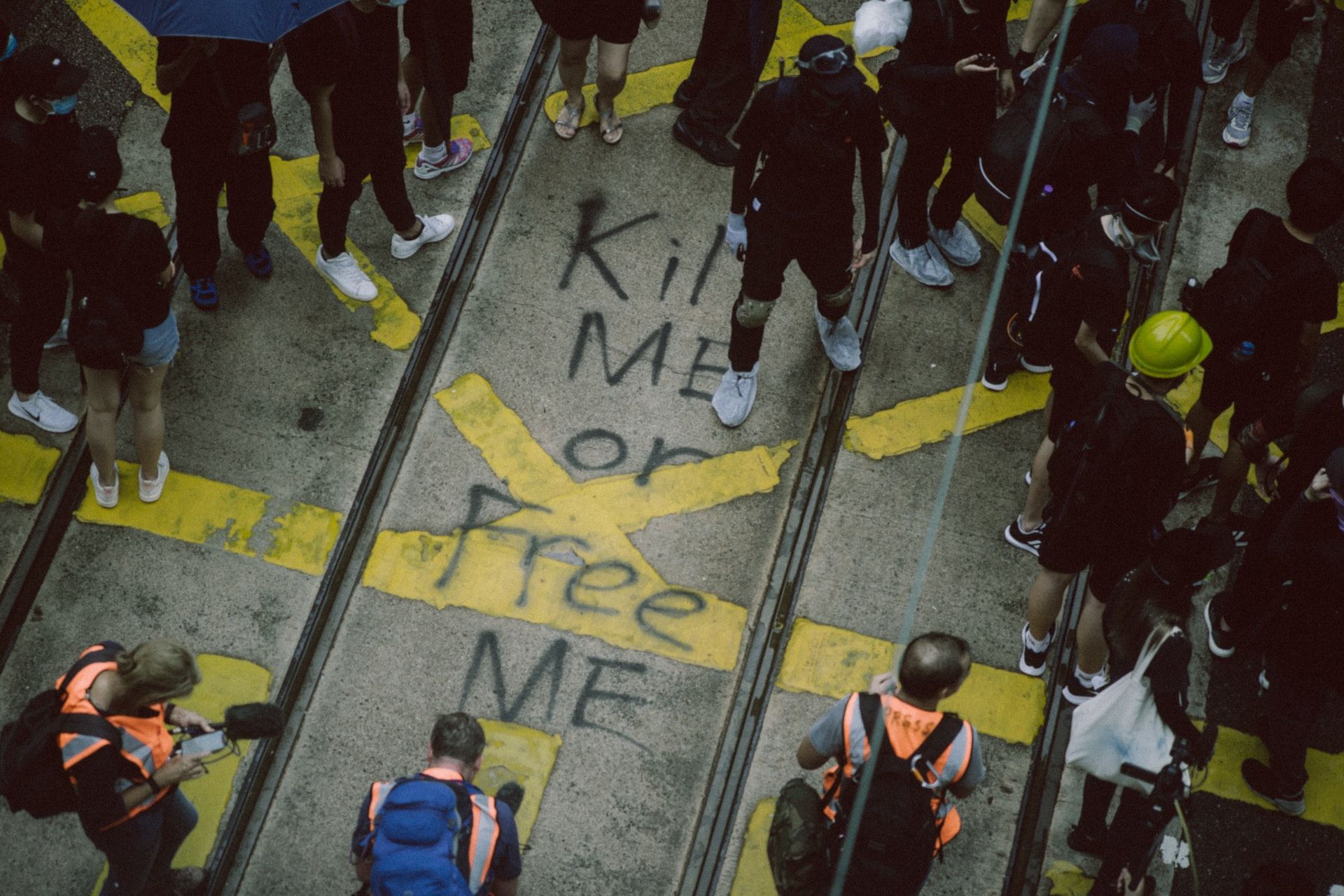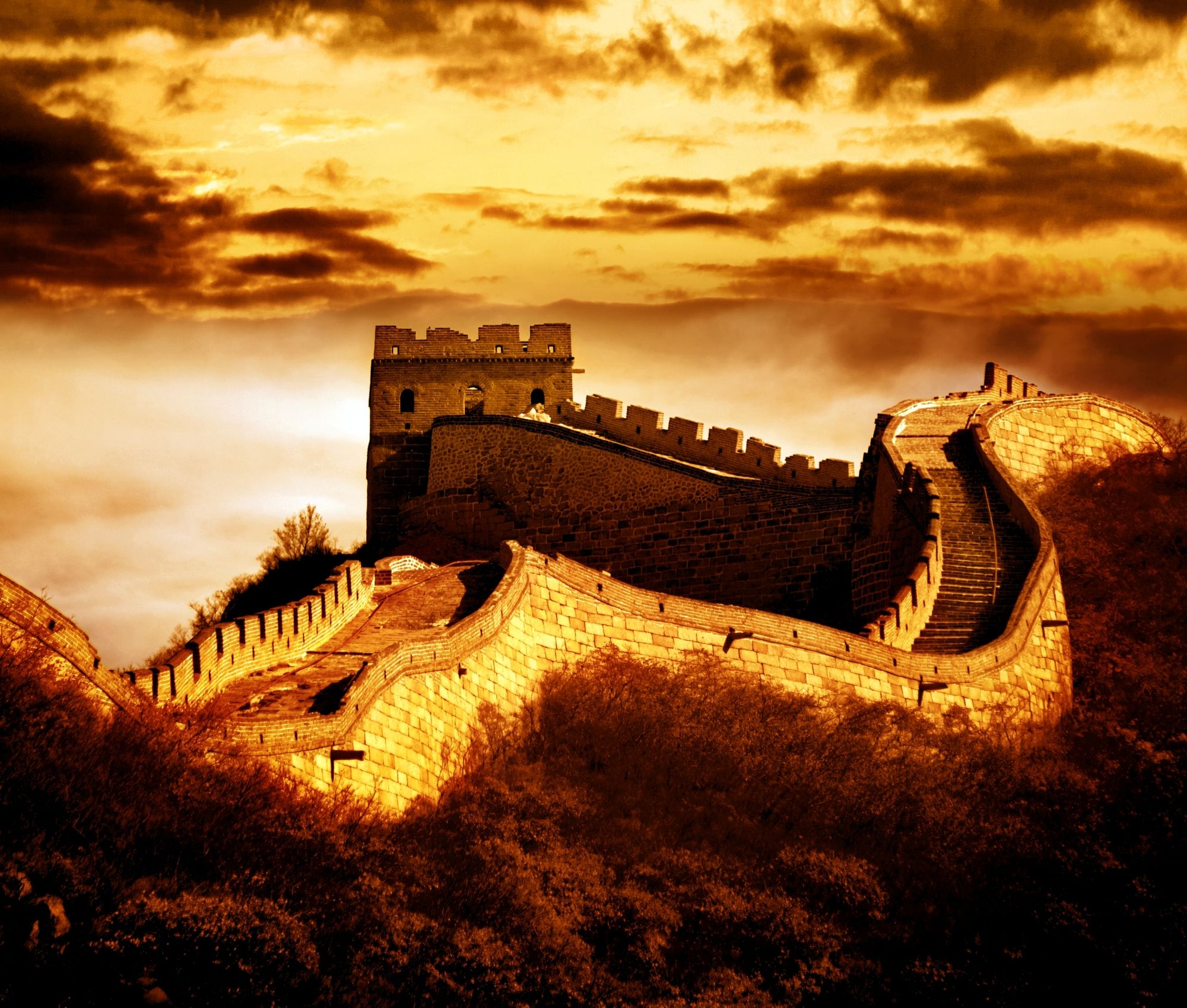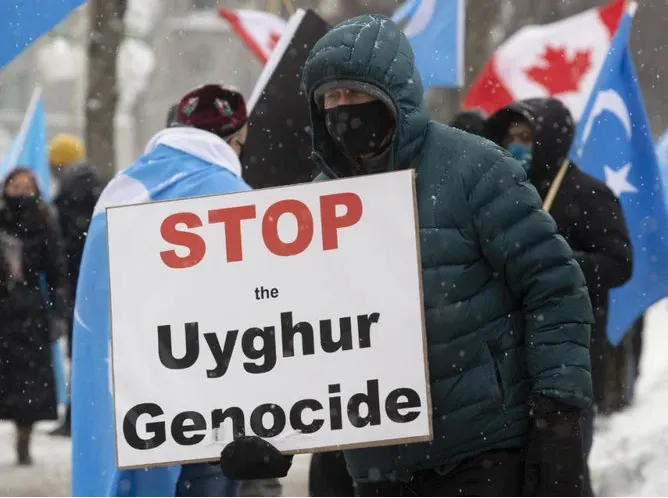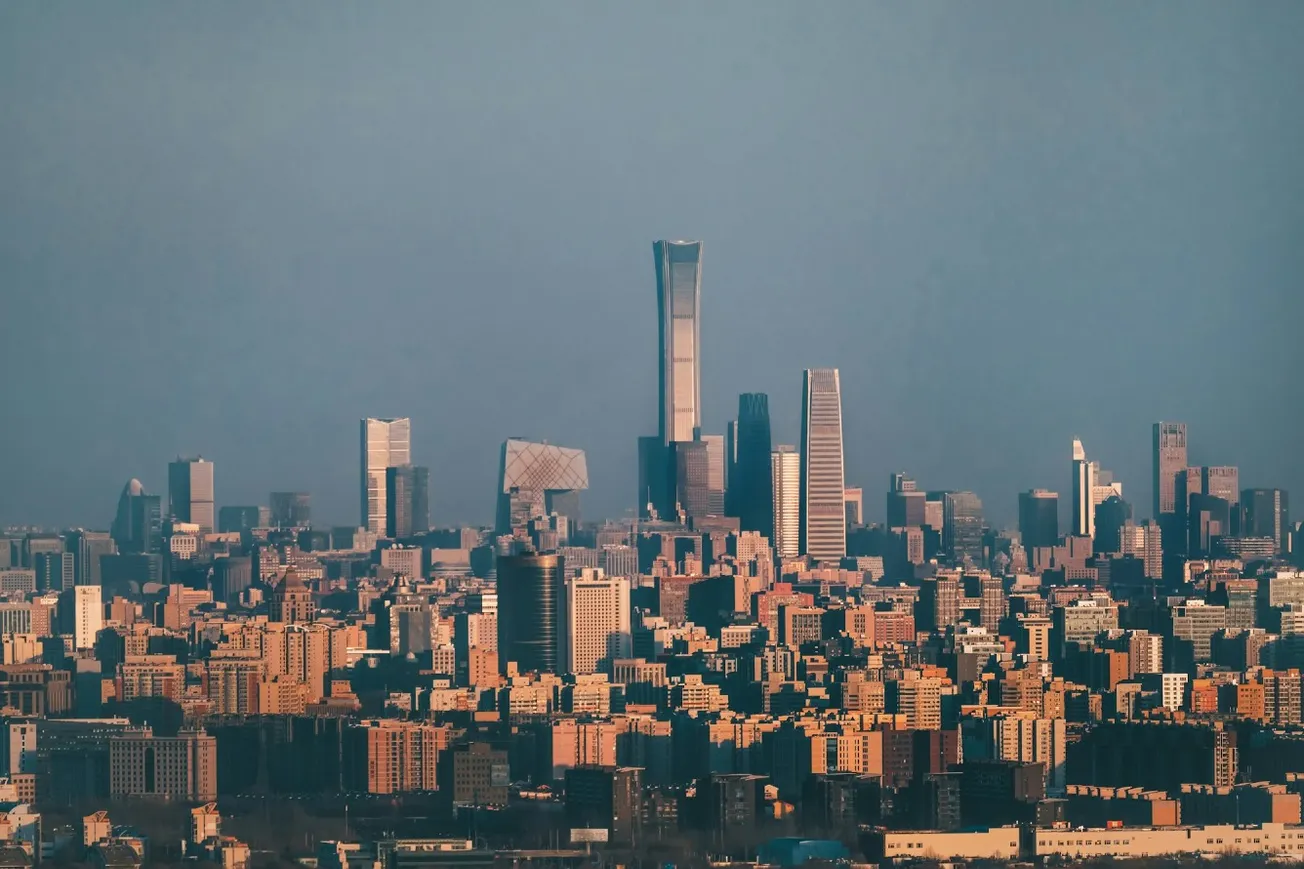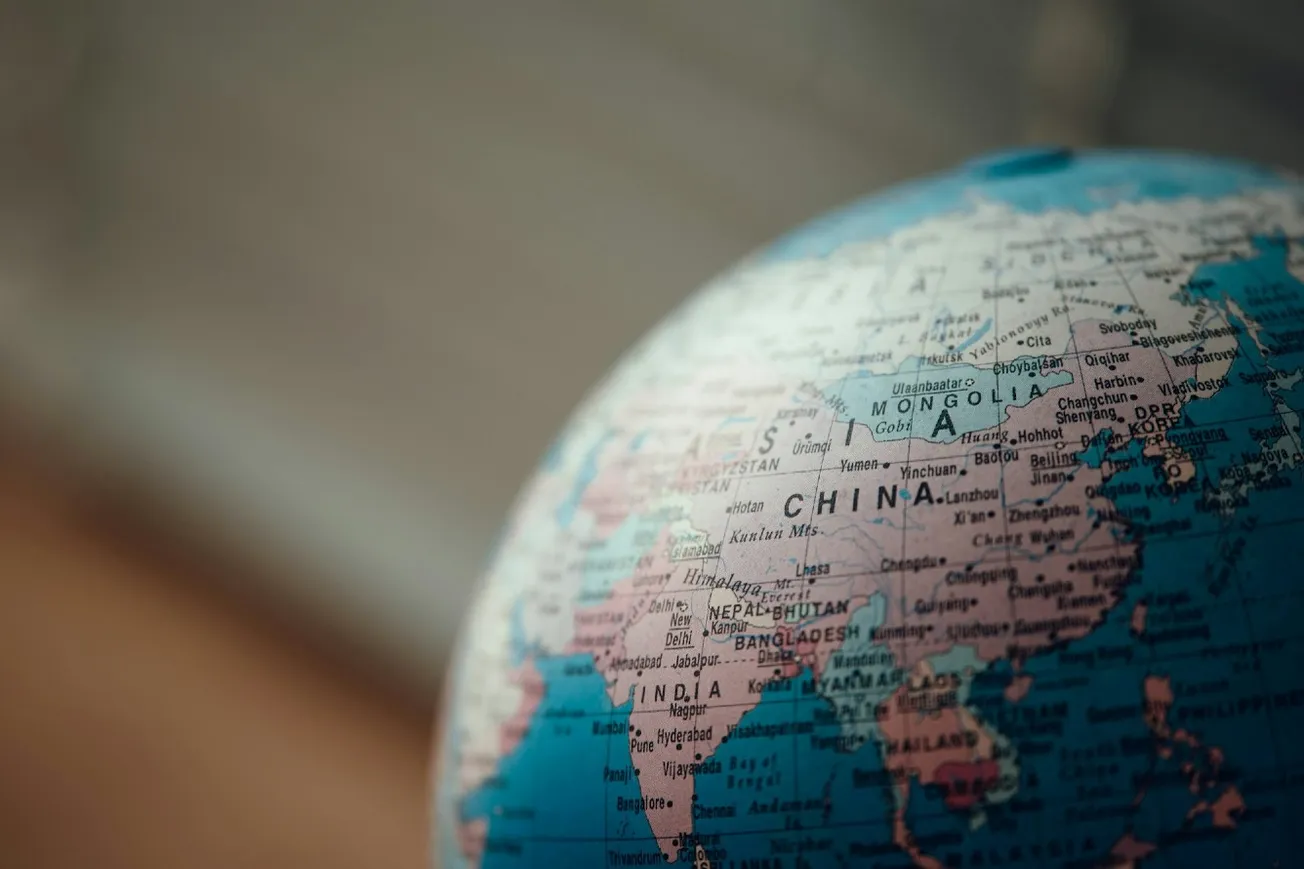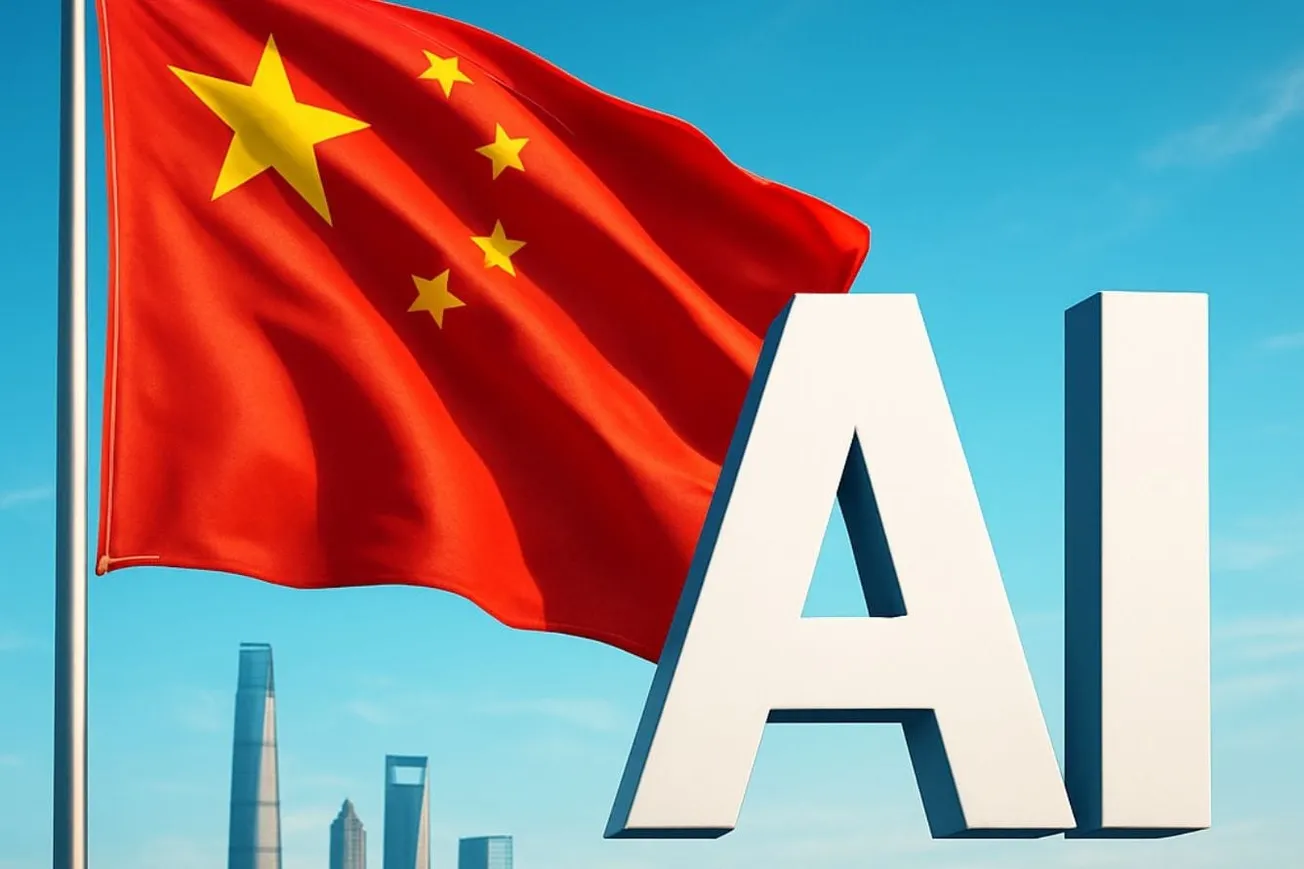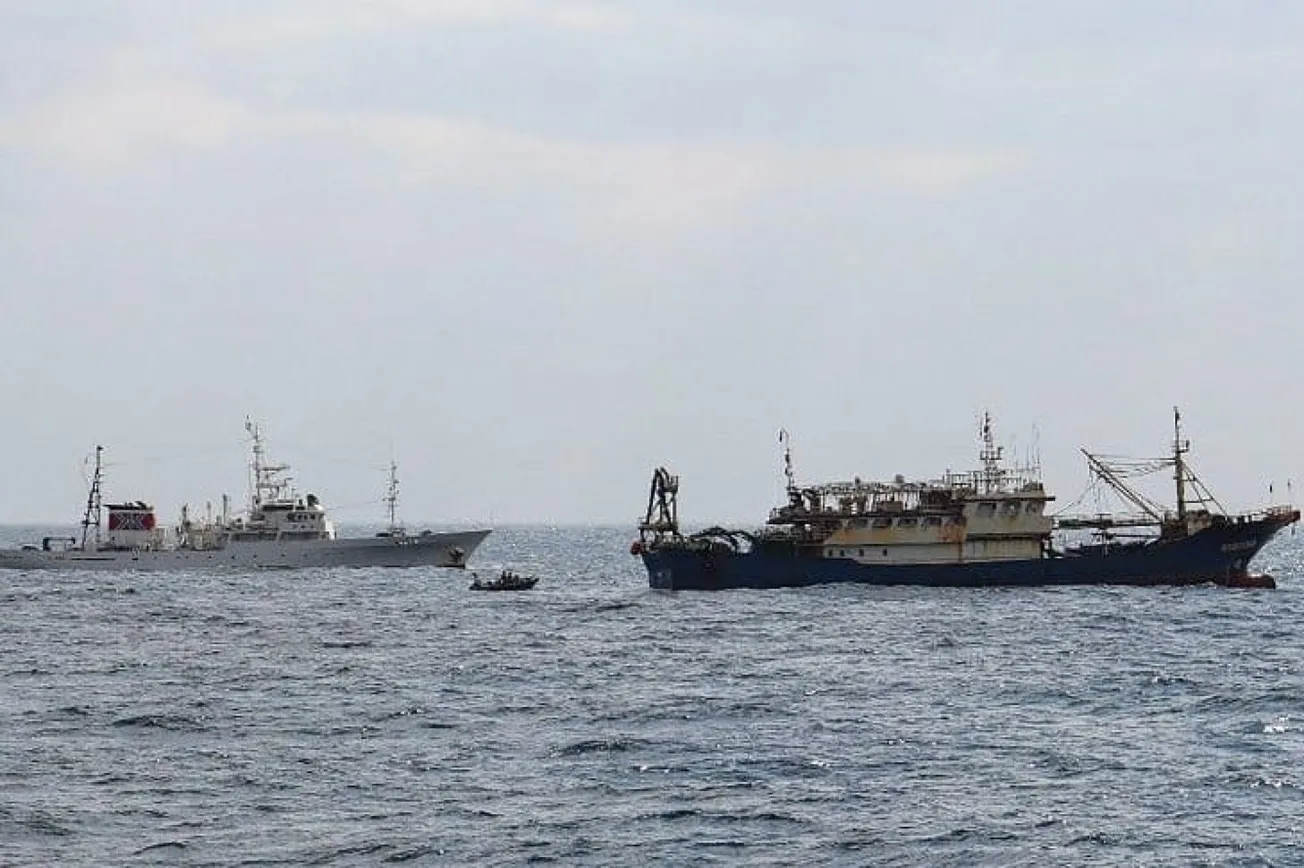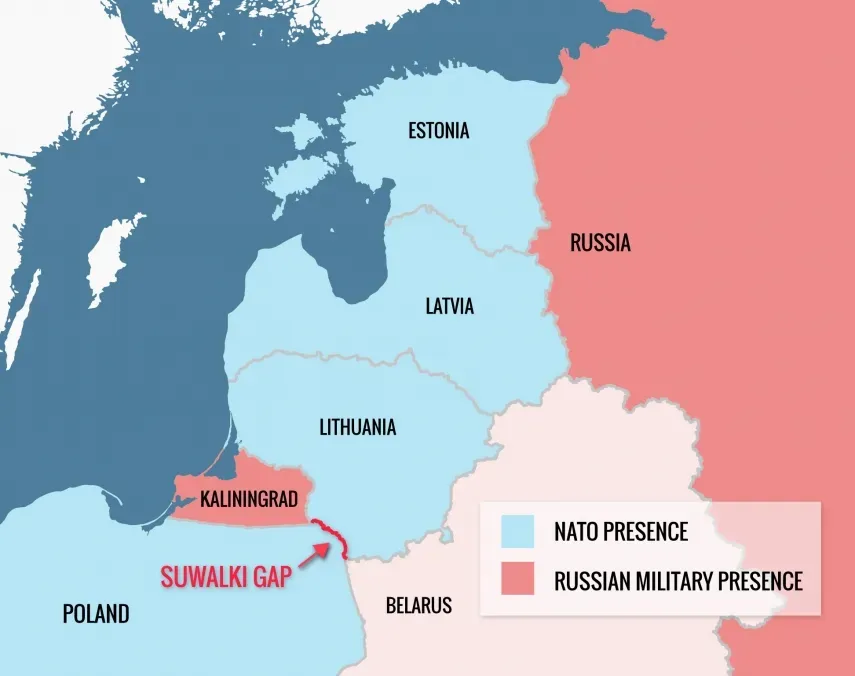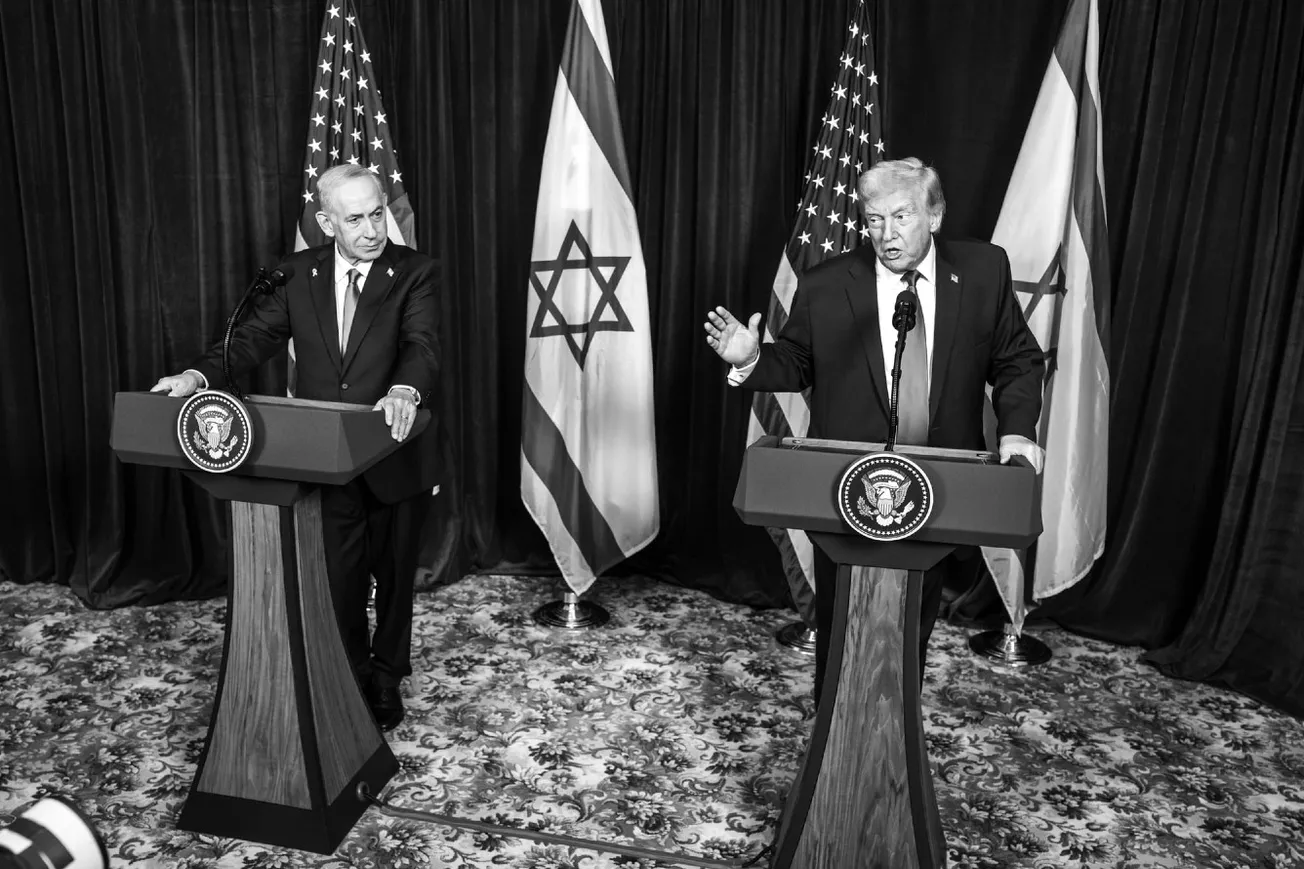Just a few days back, U.S. Secretary of State Antony Blinken and National Security Advisor Jake Sullivan met with their counterparts, the Chinese Director of the Office of the Central Commission for Foreign Affairs Yang Jiechi and Foreign Minister Wang Yi in Anchorage, Alaska. While the location was midway between the countries, the two sides failed to come anywhere near halfway on issues raised by the U.S.
The Chinese delegation was greatly irked by Secretary Blinken's reference to Chinese actions in Xinjiang, Hong Kong, and Taiwan. Last week, tippinsights wrote about China's controversial administrative policies in Hong Kong. (read the story here). Regarding Xinjiang, the latest TIPP Poll had asked Americans if they approved or disapproved of China's handling of the Uyghurs.
Regrettably, more than one-third (35%) of those polled said they were not familiar enough with the subject to comment.Another 15% were unsure of their position.A small minority, 18%, approved of China's treatment of the Uyghurs. However, a third, 33%, said they disapproved of China's actions.
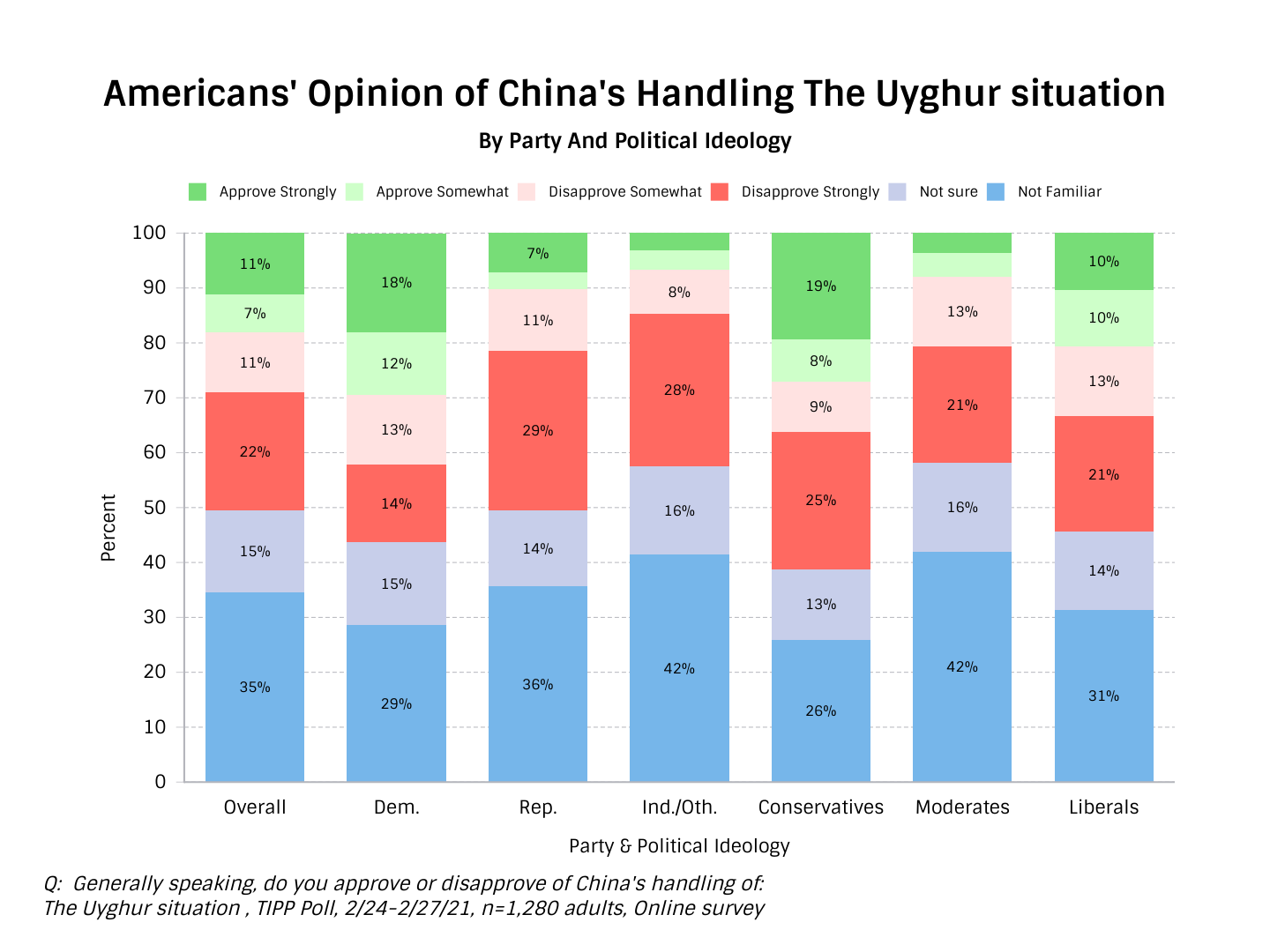
In light of the 'tough' talks between the two countries, we, at tippinsights, decided to delve a little deeper into U.S. concerns with China's actions in the Xinjiang region. Why was the area singled out? What is China doing that is a cause for concern?
The simple answer is human rights violations. But,the reality is far grimmer. Chinese actions in Xinjiang and the treatment of the natives have been described as 'genocide' by former U.S. Secretary of State Mike Pompeo.
Where is Xinjiang?
Xinjiang Uygur Autonomous Region is China's largest province, covering nearly one-sixth of its total land area and 620,000 square miles. It is located in the northwestern corner of China, close to Central Asia. Mongolia, Russia, Kazakhstan, Kyrgyzstan, Tajikistan, Afghanistan, Pakistan, and India are its neighbors, and its strategic location between Central Asia and Europe makes it a strategic buffer and trading point. Urumqi is the country's capital and largest city.
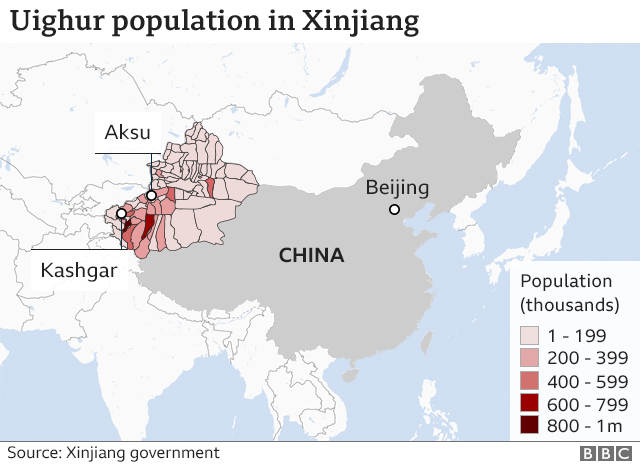
Who are the Uyghurs?
Uyghurs (also spelled Uighurs, Uygurs or Uigurs) are some of the oldest Turkic-speaking people of interior Asia. In the eighth century, their empire stretched from the Caspian Sea to Manchuria. Various powers have ruled the people since its decline, including the Mongols and Chinese ancestral dynasties. By the 16th century, most of these ethnic people had accepted Islam.
The region had brief periods of autonomy and independence in the early 1900s. The East Turkestan Republic has been established twice by the Uyghurs, once in 1933 and again a decade later in 1944. Both attempts failed to last, and the region again reverted to Chinese control, though the Soviet Union played an influential role in its governance. Today, China is home to an estimated 12 million Uyghurs.
Economy
Primarily a desert region, Xinjiang has abundant reserves of coal, oil, and gas. For centuries, its people have relied on irrigation-based agriculture. The area grows more than 80% of China's cotton. Besides this, it is also famous for its grapes, melons, pears, and walnuts.
Present crisis
Trouble has been brewing in the region for many decades due to growing anti-Han sentiment which started in the early 1900s. International organizations and the media have found it extremely difficult to verify, investigate, or report on events in Xinjiang due to the Chinese government's ironclad control of the region and limited access to the media.
Some experts believe that the underlying cause of the region's tension is economic disparity and ethnic tensions between the Han Chinese and the Uyghur.
China's thrust on developing the region has created abundant job opportunities. Unfortunately, this has resulted in a massive influx of Han Chinese, reducing the Uyghur population to a minority in many Xinjiang cities. Often, the better educated Han have the pick of the employment opportunities, which has only furthered the feeling of marginalization and discrimination among the natives.
International attention has been drawn to the plight of the Uyghurs on numerous occasions. Several violent clashes have erupted in the region, resulting in numerous casualties.China has consistently blamed the horrific attacks on the separatist movement and the little-known but banned East Turkestan Islamic Movement (ETIM). Many have fled the Communist government's repression. While China maintains that it is an 'internal matter,' international watch groups have long called for more transparency and access to the region.
There are numerous reports of the Communist government increasingly curbing the predominantly Sunni Muslim population's religious freedoms in the autonomous region. Government employees have been forbidden from fasting during the month of Ramadan. Many accuse Beijing of interfering in the Imams' appointments at the mosques and scrutinizing their Friday sermons. Hajj pilgrim numbers from the region are strictly controlled.
The Communist regime has not stopped there. Restrictions have eroded the cultural identity of the Uyghur. While the people identify closely with Central Asia, this is perceived as anti-Chinese by the establishment. Their language, written in Arabic script, is slowly being removed from higher education syllabi. Uyghurs' movements, even within the country, are closely monitored. The region is under constant surveillance, and law enforcement has forced people to download mobile apps to monitor their behavior further.
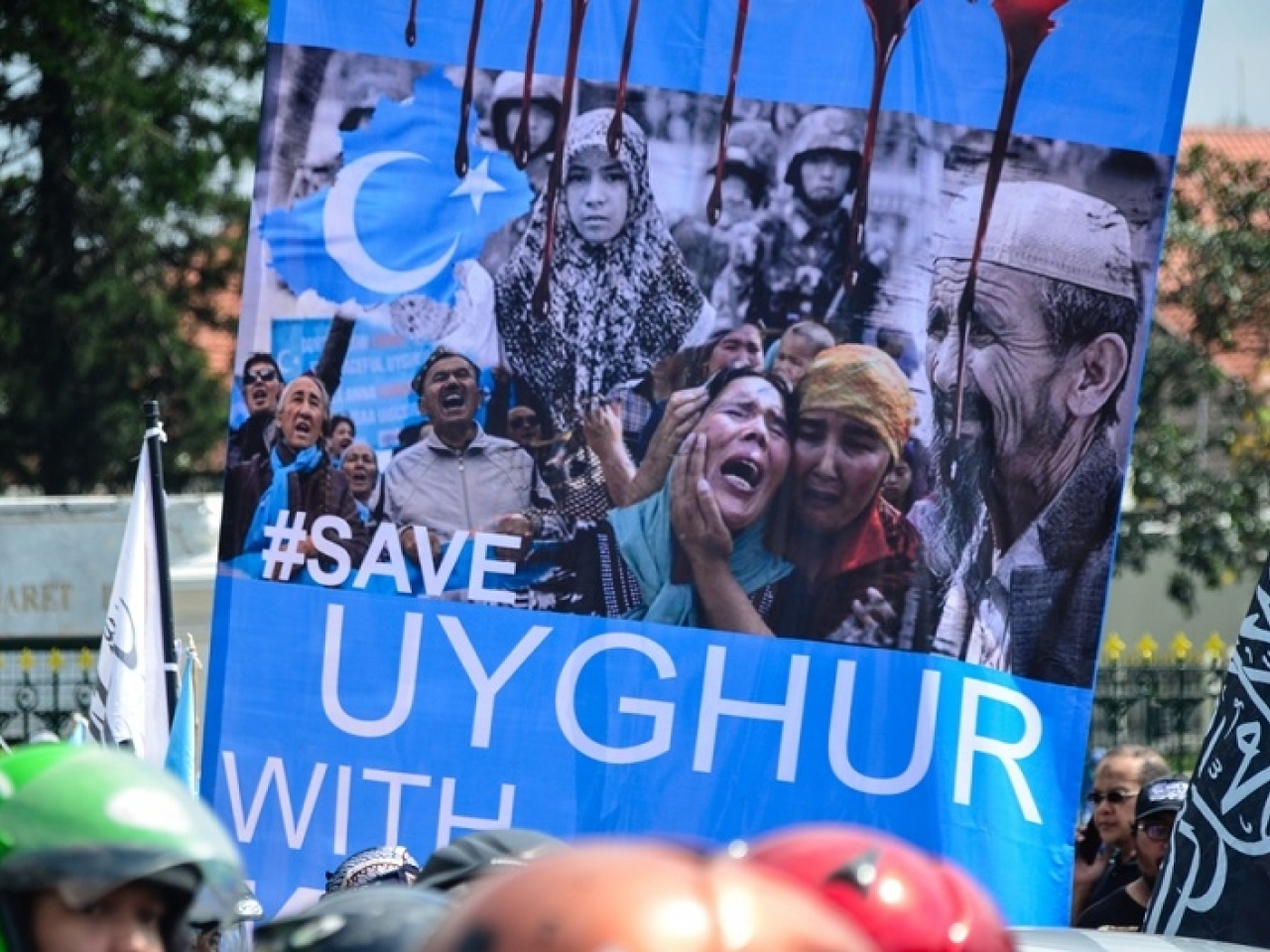
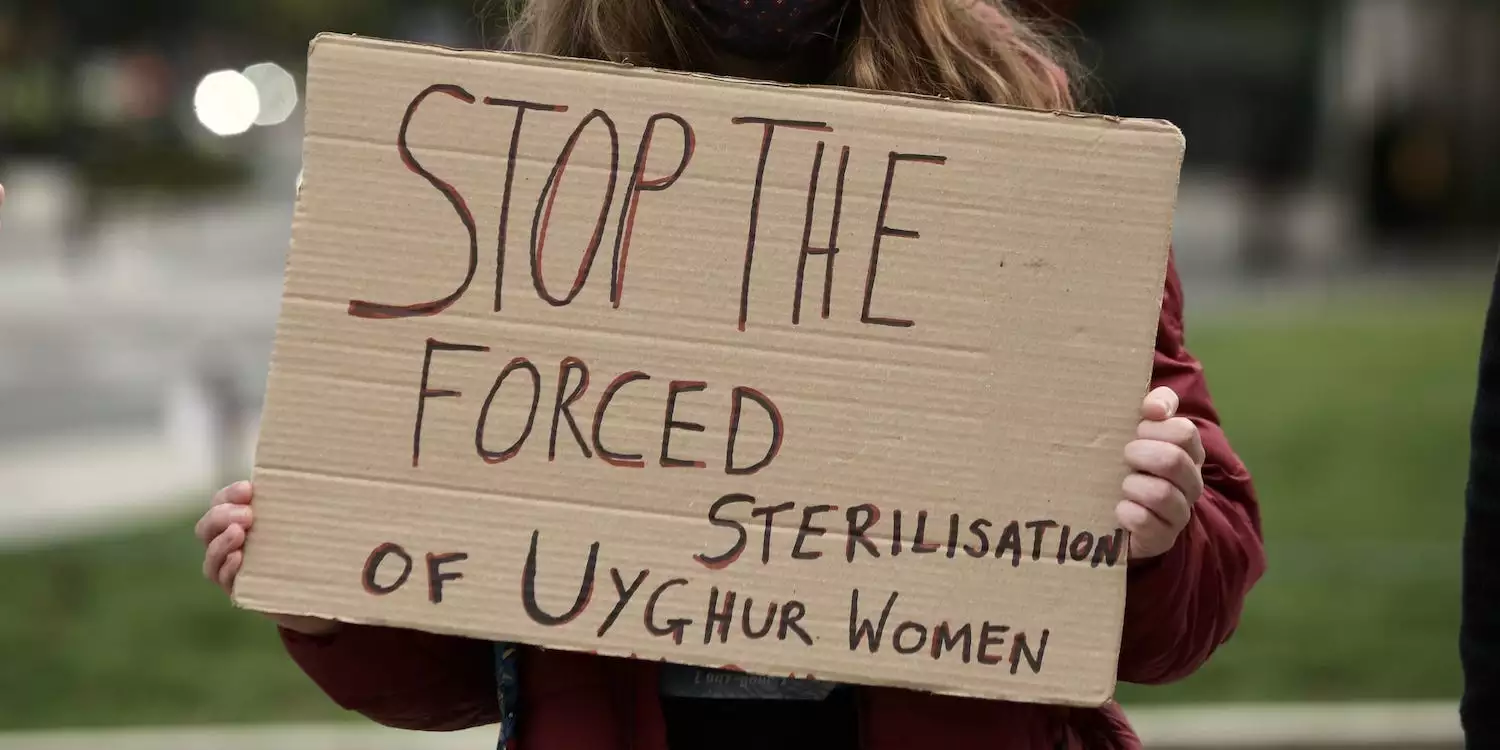
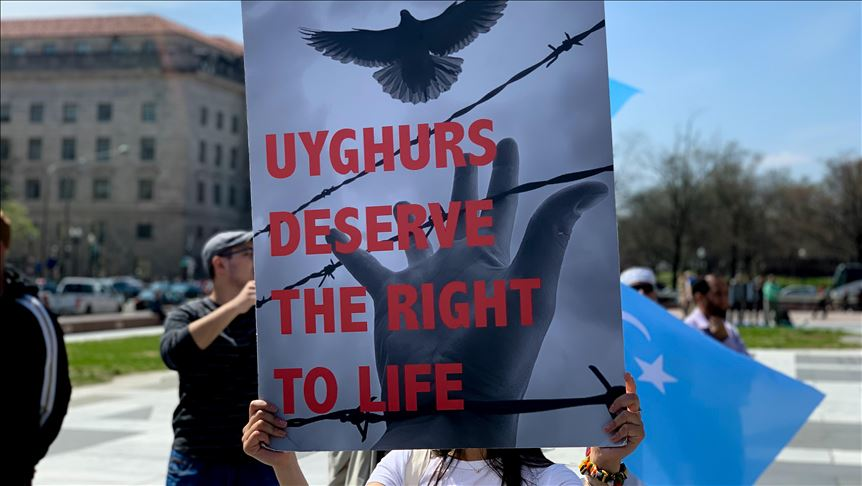
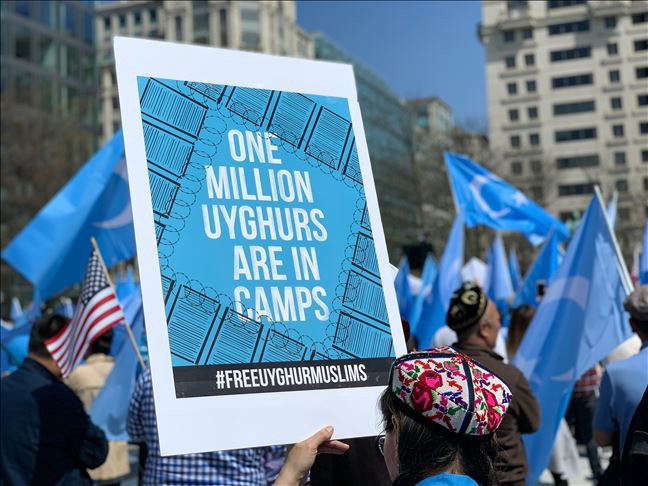
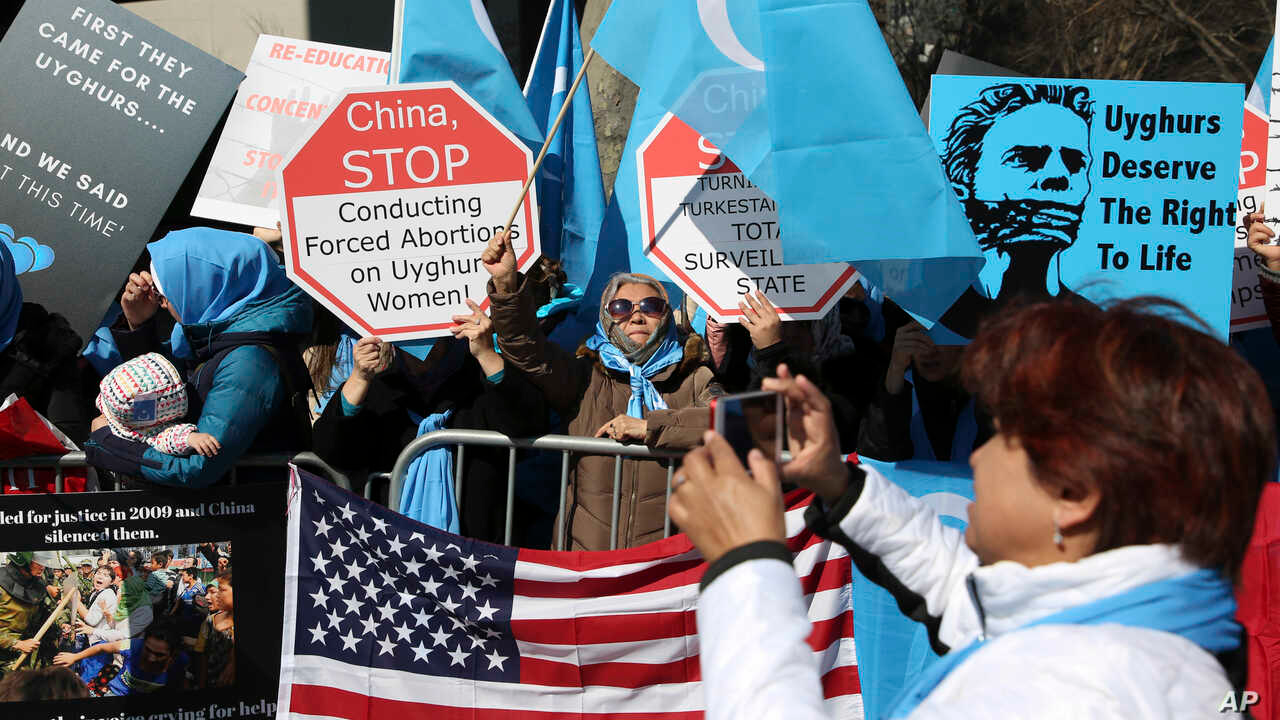
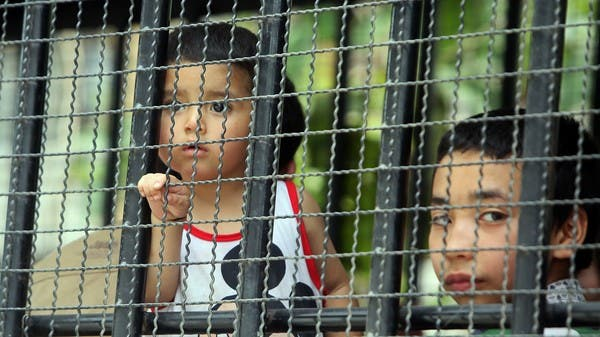
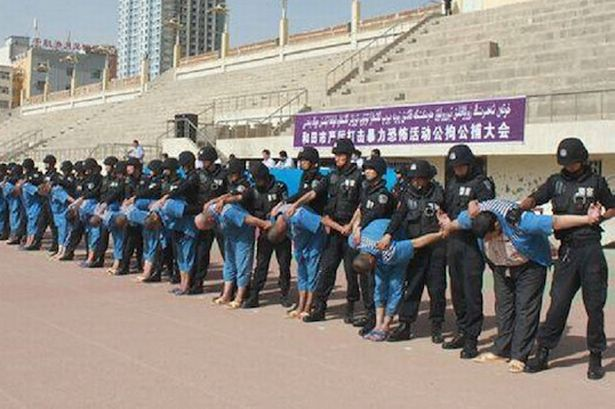
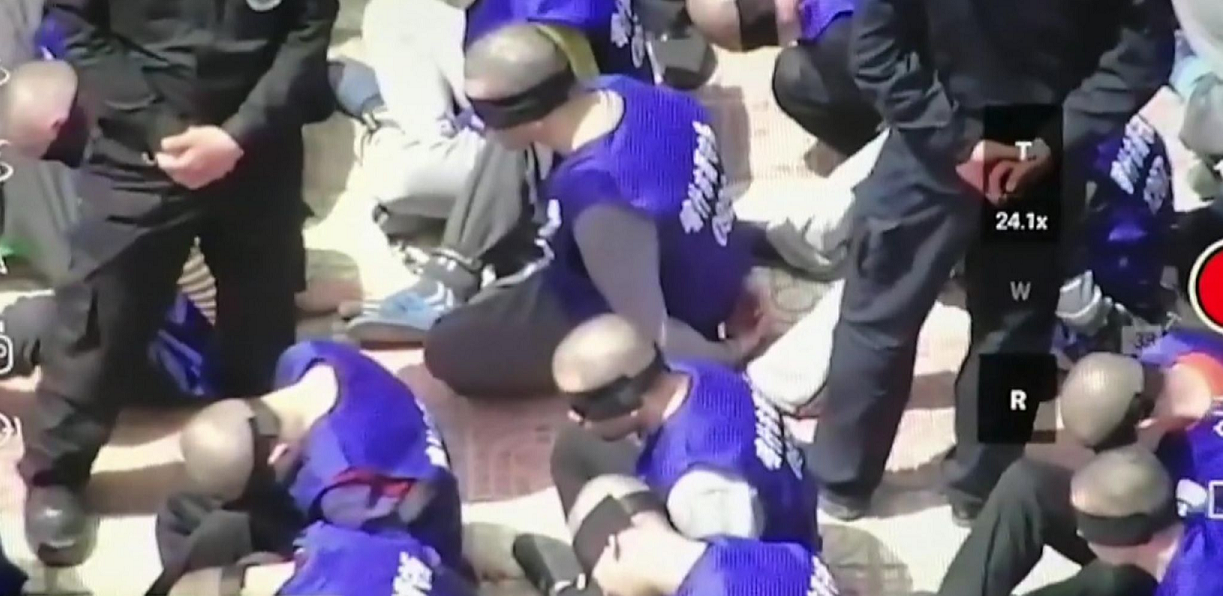
Detention camps
What worries the international community the most is the mass detention of Uyghurs and other Muslim minorities in detention camps. The regime refers to them as "vocational training centers." Beijing claims that these centers are part of its poverty-relief campaign and are intended to help natives.
According to reports, some of these camps are run like prisons, with 24-hour surveillance and torture of inmates.Women are said to have been raped and sterilized forcibly. The camps are used to carry out a "deradicalization program to combat terrorism" or indoctrinate or "re-educate," as the regime calls it.
For the estimated one million or more Uyghurs living in these horrid conditions, the international community and the U.N. are their only hope. On 21st March 2021, the International Day for the Elimination of Racial Discrimination, the World Uyghur Congress urged the organization to address the genocide.
"In light of the Uyghur genocide and China's threat to the U.N. human rights mechanisms, the U.N. needs to step up and act in line with its self-pronounced core values. This includes the establishment of an independent Human Rights Council mechanism to assess and monitor the ongoing and egregious human rights violations in East Turkistan, as well as the appointment of a special rapporteur on China," said WUC President Dolkun Isa.
China continues to deny these genocide charges vehemently. They persist in calling it an internal issue. But, the international community has begun to respond. The U.S., the European Union, United Kingdom, and Canada have recently levied sanctions against the Chinese for human rights violations in Xinjiang. The international community may do more in the coming days to alleviate the plight of the Uyghurs who live in the Xinjiang Uygur Autonomous Region.
Selected Videos



Raghavan Mayur edited the story.
You Might Also Like
